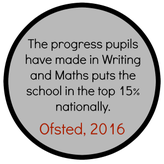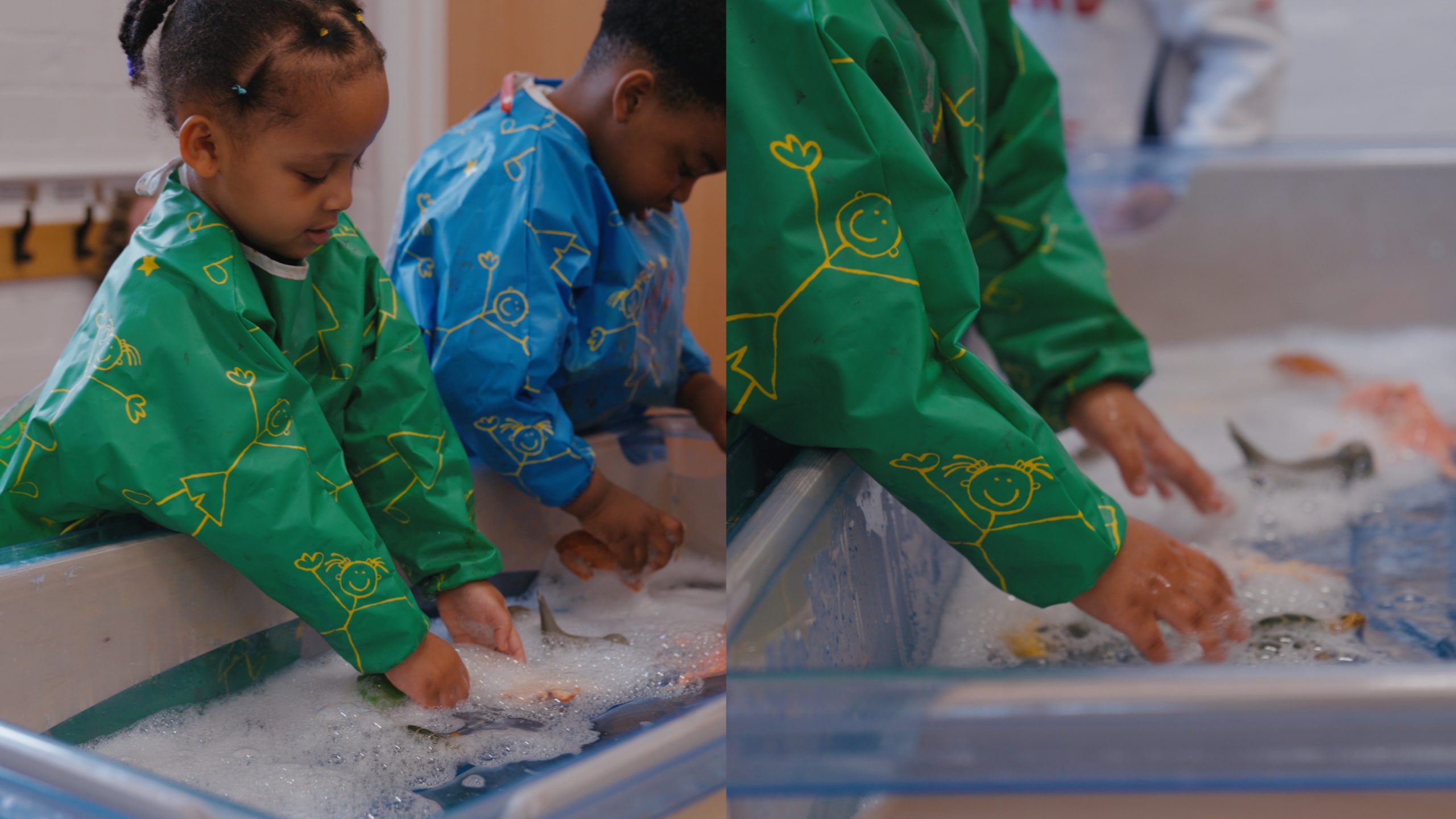SHINE in Maths

Succeed
We want all pupils to confidently apply and embed all aspects of mathematics, constantly striving towards becoming competent problems solvers. We intend to evoke fluency of skills, ability to reason and solve problems, and embed these skills across the curriculum as well as in the wider world.
Happy
We will provide an engaging, educative learning environment to ensure we promote a culture of enthusiasm across all aspects of Mathematics. Our bespoke Mathematics curriculum provides opportunities to explore, practice and apply methods and strategies in a range of contexts, whilst being drenched in mathematical vocabulary. Pupils’ attitudes are praised and their contributions as individuals are valued.
Inspire
We will inspire all children through our multi-sensory approach to providing a stimulating Mathematics curriculum, which inspires life-long knowledge, skills and understanding. Children are motivated by mathematical links to real life and cross-curricular learning. They have a strong desire to enhance their cultural capital in Mathematics where opportunities are provided both within school and as part of our extra-curricular offer.
Nurture
We will inspire all children through our multi-sensory approach to providing a stimulating Mathematics curriculum, which inspires life-long knowledge, skills and understanding. Children are motivated by mathematical links to real life and cross-curricular learning. They have a strong desire to enhance their cultural capital in Mathematics where opportunities are provided both within school and as part of our extra-curricular offer.
Educate
We will treat all children as individuals, carefully monitoring their progress from their unique starting points and plan bespoke next steps to guide them on their Mathematical journey. Using concrete resources, pictorial representations and then abstract concepts, we will effectively model and scaffold learning, enabling pupils to acquire the knowledge, understanding and skills required in order to become independent, successful mathematicians both now and in later life.
Progression in Maths
Click the images below to see the progression in aspects of Maths across the year groups.
Our Intent
At Bantock Primary School, we strive to promote high standards of Mathematics by equipping pupils with the knowledge, understanding and skills to become confident, competent Mathematicians, maximizing their potential and developing a sense of enjoyment and fascination. Through our cumulative curriculum, we will develop each pupils’ ability to become fluent in the fundamentals of mathematics, developing their conceptual understanding and ability to recall and apply knowledge. Pupils will be taught how to reason mathematically, following a line of enquiry, conjecturing relationships and generalisations, and develop an argument, justification or proof using mathematical language. Applying the knowledge and understanding they will have acquired, pupils will learn to solve problems, breaking them down into a series of simpler steps and seeking solutions through perseverance. Our high quality mathematics education will provide all pupils with a solid foundation enabling them to make rich connections across mathematics and in everyday life, continuing their journey into the wider world.
At Bantock Primary School, it is our aim to provide all children with a high quality Mathematics education, to ensure that positive attitudes towards the subject are established, in order for children to make the best possible start in their journey to becoming confident mathematicians. We want pupils to experience learning opportunities in which they are empowered with the ability to apply mathematical knowledge, concepts and procedures to their everyday lives; where their potential is maximised and they develop a sense of enjoyment and fascination in learning, about a wide range of mathematical concepts. At Bantock Primary School, pupils receive a curriculum built on logical progression, which enables them to acquire the intended knowledge and skills to become confident and successful, both in their school career and in the future, as they continue their journey into the wider world.
At Bantock Primary School our Mathematics curriculum is designed to equip pupils with the ability to reason logically, solve problems and think with flexibility in abstract ways. When teaching in school, we give our children a range of mathematical opportunities and cross-curricular experiences that help them to understand and appreciate how important Mathematics is as a life skill. This is done in a systematic way which uses up to date pedagogy and teaching techniques. At Bantock, we have incorporated The White Rose scheme, which is designed to break down the curriculum into manageable progressive steps with fluency, reasoning and problem solving fully integrated. This ensures that pupils are always given opportunities to apply their understanding in context. Each new concept is delivered using the CPA (Concrete, Pictorial, Abstract) model to ensure pupils’ can build their understanding on concrete foundations.

The use of bar modelling as a visual structure, to support thinking when problem solving, is used to aid pupils’ ability to track their thought processes and visualise a problem which otherwise remains abstract. In addition to this we recognise the importance of strong arithmetic skills and understand how good recall of multiplication and division facts underpin many different aspects of maths. Children are provided with daily opportunities to practise and demonstrate their increasing understanding through our Times Tables Club Tests which is enjoyed by children from Year 1 through to Year 6.
As a school, we place a high value on language across the curriculum, including the use of accurate mathematical vocabulary. Through our teaching, we ensure that pupils are equipped with the mathematical language that they need in order to think clearly, talk about problems and express their understanding with fluency.
It is our intent that when pupils leave Bantock, they leave with confidence and a sense of enjoyment for maths as well as a positive attitude, which allows them to see and unlock the wonder that maths holds.
Early Maths
In Bantock Early Years, mathematics education aims to foster curiosity, exploration, and problem-solving skills in young children. It recognises that mathematics is all around us and provides opportunities for children to develop an understanding of number, shape, space, and measure through a wide range of engaging activities.
Following the principles of Development Matters, pupils gain knowledge and understanding through whole class and ability group teaching, where learning is modelled and then supporting through adult led activities, which then provides the confidence necessary to apply these skills within their child initiated learning through a rich environment.

The aspects that are key to mathematics teaching in Early Years are:
- Practical Activities that allow for pupils to explore their learning and develop curiosity with adult guidance to support their learning and encourage questioning, making predictions and problem solving, as well as developing their mathematical language.
- Concrete Manipulatives, such as blocks, objects, shapes and tools to allow pupils to visualise their learning in practical ways by sorting, counting, describing, measuring and subitising.
- A Play-Based Approach to apply mathematical language, knowledge, understanding and skills in a variety of purposeful ways, making connections to what has been modelled and developed.
- Problem Solving opportunities presenting open ended activities that pupils can use critical thinking to find the answers to independently or collaboratively that also allow children to take risks and learn from misconceptions.
- Continuous Provision whereby mathematical resources are accessible to pupils to explore concepts within their ongoing play, for example to measure something in the home corner.
- Personalised to the needs of the children from their varying starting points.
Downloads










